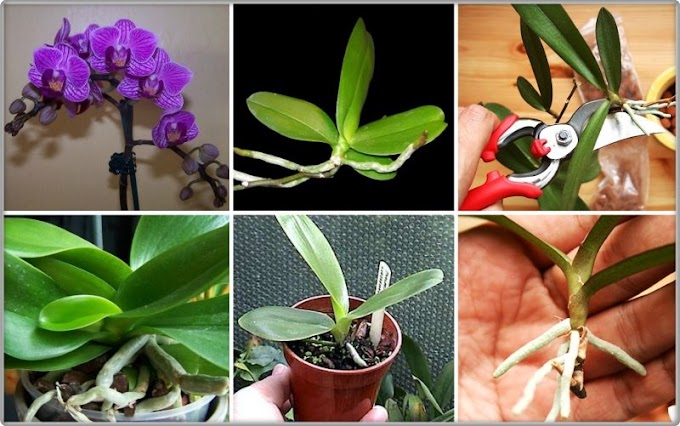Echeveria setosa var. ciliata is an ornamental, evergreen succulent plant with numerous offsets in older plants. It can grow up to 2 inches tall, with almost stemless rosettes up to 6 inches in diameter and the spoon-shaped, green leaves up to 5 cm long and 2 cm wide, covered in white hairs. Echeveria setosa var. ciliata is a broader leaved plant, with somewhat fewer bristles at the edges of the green leaves. In spring it bears 30 cm (12 inches) long stalks of red flowers with yellow tips.
Hardiness:
How to Grow and Care
Most of the common Echeveria species are not complicated succulents to grow,provided you follow a few basic rules.First,be careful never to let water sit in the rosette as it can cause rot or fungal diseases that will kill the plant.Additionally,remove dead leaves from the bottom of the plant as it grows.These dead leaves provide a haven for pests,and Echeveria are susceptible to mealy bugs.As with all succulent,careful watering habits and plenty of light will help ensure success.
Most Echeveria can be easily propagated from leaf cuttings,although a few are better from seeds or stem cuttings.To propagate a leaf cutting,place the individual leaf in a succulent or cacti mix and cover the dish until the new plant sprouts.
Repot as needed,preferably during the warm season.To repot a succulent,make sure the soil is dry before repotting,then gently remove the pot.Knock away the soil from the roots.making sure to remove any rotted or dead roots in the process.Treat any cuts with a fungicide...- Learn more at TIPS: HOW TO GROW AND CARE ECHEVERIA
Origin:
Echeveria Setosa Native to the mountains of Puebla State Mexico.
Links:
Back to the Genus ECHEVERIA
SUCCULENT PLANTS Browse succulents by Scientific Name, Common Name, Genus, Family, USDA Hardiness Zone, Origin, or cacti by Genus
- Scientific Name: Echeveria setosa var. ciliata
- Synonyms: Echeveria ciliata
- Family: Crassulaceae
- Subfamily: Sedoideae
- Tribe: Sedeae
- Subtribe: Sedinae
- Genus: Echeveria
- Species: Echeveria setosa Rose & Purpus
 |
| source pic: Pinterest.com |
Hardiness:
USDA hardiness zones 9b to 11b: from 25 °F (−3.9 °C) to 50 °F (+10 °C).
How to Grow and Care
Most of the common Echeveria species are not complicated succulents to grow,provided you follow a few basic rules.First,be careful never to let water sit in the rosette as it can cause rot or fungal diseases that will kill the plant.Additionally,remove dead leaves from the bottom of the plant as it grows.These dead leaves provide a haven for pests,and Echeveria are susceptible to mealy bugs.As with all succulent,careful watering habits and plenty of light will help ensure success.
Most Echeveria can be easily propagated from leaf cuttings,although a few are better from seeds or stem cuttings.To propagate a leaf cutting,place the individual leaf in a succulent or cacti mix and cover the dish until the new plant sprouts.
Repot as needed,preferably during the warm season.To repot a succulent,make sure the soil is dry before repotting,then gently remove the pot.Knock away the soil from the roots.making sure to remove any rotted or dead roots in the process.Treat any cuts with a fungicide...- Learn more at TIPS: HOW TO GROW AND CARE ECHEVERIA
Origin:
Echeveria Setosa Native to the mountains of Puebla State Mexico.
Links:
Back to the Genus ECHEVERIA
SUCCULENT PLANTS Browse succulents by Scientific Name, Common Name, Genus, Family, USDA Hardiness Zone, Origin, or cacti by Genus



